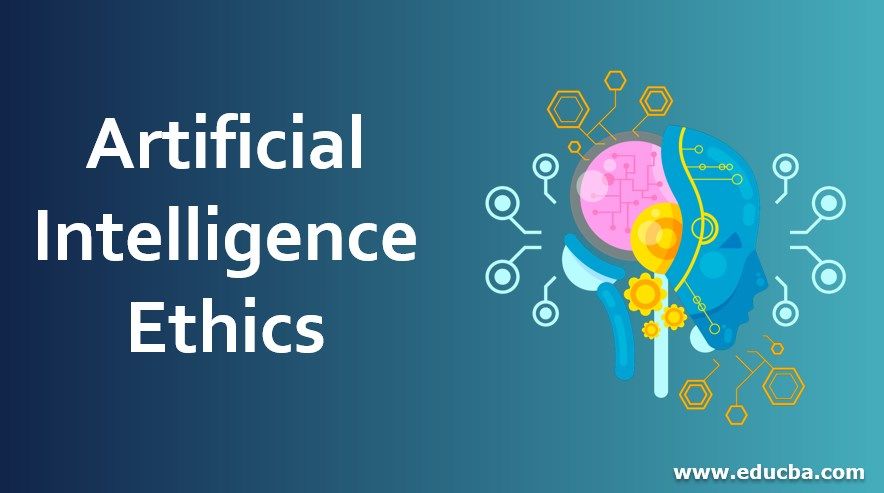As the world moves towards an increasingly digital era, artificial intelligence (AI) has become a prominent technology transforming various industries. AI offers immense potential to improve efficiency, accuracy, and decision-making. However, with great power comes great responsibility. Ethical considerations play a crucial role in the development and deployment of AI systems. In this article, we will explore the key ethical considerations that developers and organizations must address when working with AI.
The Black Box Problem
One of the biggest ethical challenges in AI development is known as the “Black Box problem.” AI models often make predictions or decisions based on complex algorithms and machine learning techniques. However, understanding the exact reasoning behind these decisions becomes difficult due to the complexity of these models. This lack of transparency poses a significant ethical concern. If AI systems cannot provide explanations for their decisions, they may unknowingly reinforce bias or discriminate against certain individuals or groups.
To address this concern, AI developers and organizations should focus on creating explainable AI systems. It is crucial to develop models that can provide transparent insights into their decision-making process. Explainable AI helps build trust, enables users to comprehend how decisions are made, and allows for accountability when biases or unfair outcomes arise.
Privacy and Data Security
Another vital ethical consideration in AI development revolves around privacy and data security. AI systems heavily rely on large datasets for training and inference purposes. These datasets often contain sensitive personal information, raising concerns about data privacy and potential misuse. Developers must handle data with utmost care and ensure strict adherence to privacy regulations.
To uphold ethical standards, organizations must implement robust data protection measures. This includes anonymizing data, implementing encryption techniques, and obtaining explicit consent from individuals when collecting and using their personal information. Regular security audits and monitoring are crucial to safeguard data from unauthorized access or breaches.
Algorithmic Bias and Fairness
AI algorithms are only as unbiased as the data they are trained on. Biased datasets can lead to discriminatory outcomes, violating ethical principles. For instance, AI systems used in recruitment processes may inadvertently favor certain demographics due to biased training data. Developers must proactively identify and mitigate algorithmic biases to ensure fairness and equal opportunities for all.
To address algorithmic bias, developers must carefully curate training datasets that represent diverse populations. A comprehensive understanding of the potential biases inherent in the data is crucial. Regular monitoring and evaluation of AI systems can help identify and rectify any biases that emerge during real-world usage.
Accountability and Human Oversight
While AI systems are designed to automate processes and make autonomous decisions, ethical considerations demand that human oversight remains in place. Organizations must establish clear lines of accountability for AI systems and define the extent to which they can make decisions without human intervention. Developers should ensure that AI systems have built-in mechanisms for human oversight, allowing humans to intervene when necessary, particularly in critical scenarios or sensitive areas such as healthcare and finance.
Transparent documentation of AI systems, including the technologies used, data sources, and decision-making processes, plays a crucial role in enabling accountability. Organizations should provide detailed disclosure of the limitations and potential risks associated with AI systems to the stakeholders involved.
Conclusion
As AI continues to progress, ethical considerations must remain at the forefront of its development. Addressing the black box problem, ensuring privacy and data security, eliminating algorithmic bias, promoting accountability, and maintaining human oversight are crucial steps in creating ethical AI systems. Only by prioritizing these considerations can we harness the true potential of AI while ensuring a just and equitable future for all.

